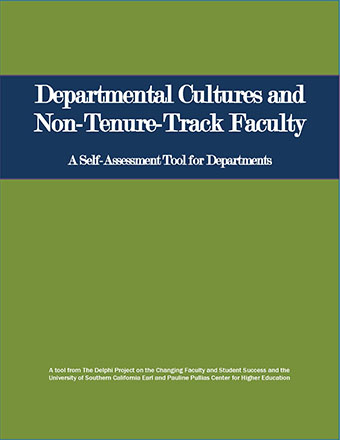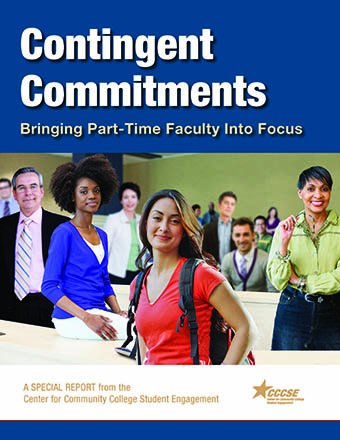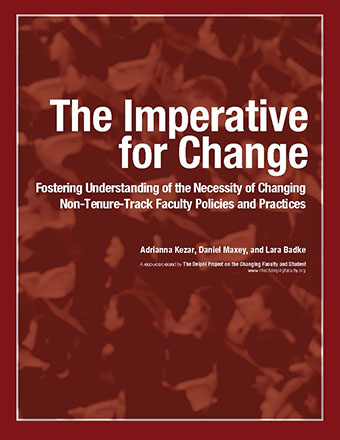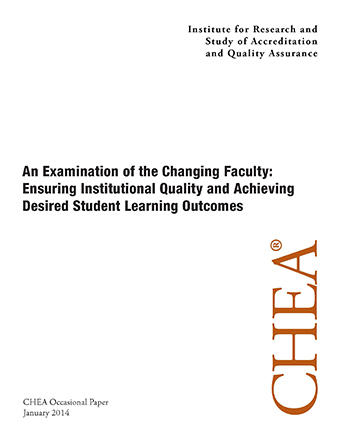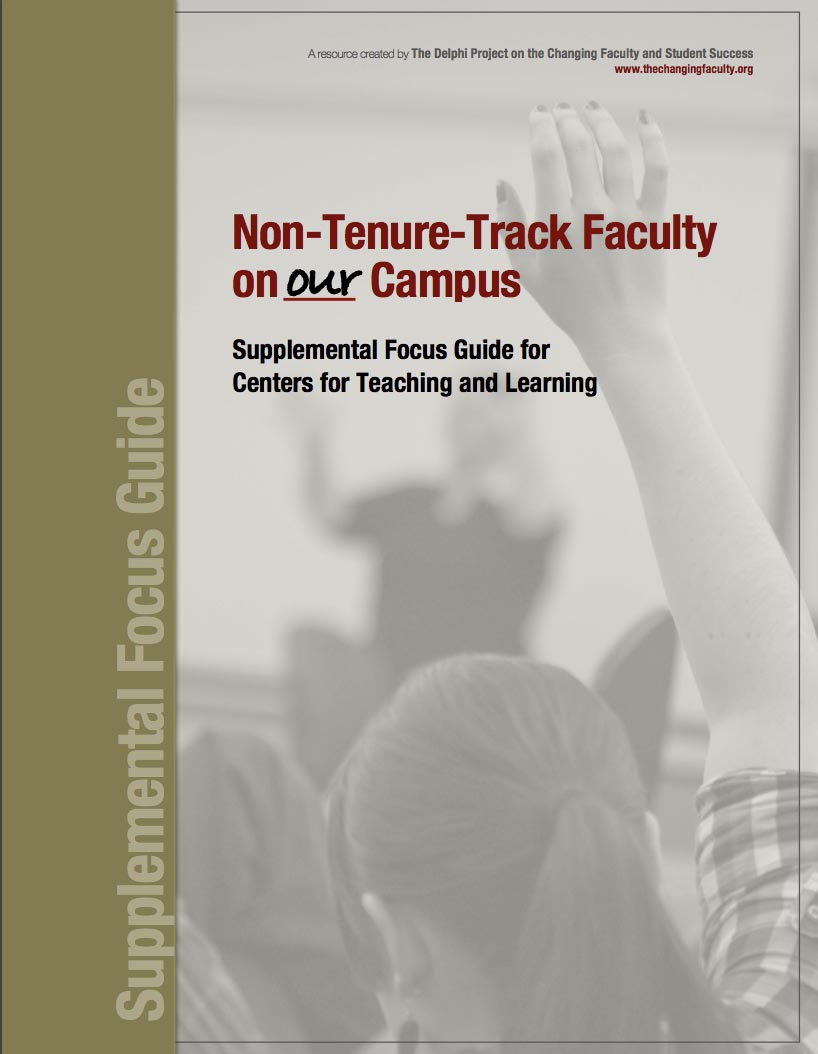Departmental Cultures and Non-Tenure-Track Faculty: A Self-Assessment Tool for Departments
The Delphi Project on the Changing Faculty and Student Success (2015) This self-assessment tool is a detailed survey that can be used by colleges and universities to get direct, actionable feedback from non-tenure-track faculty. The survey, which can be administered by campus leaders, department chairs, union leaders or even by non-tenure-track faculty groups themselves, can be used to assess existing departmental […]
